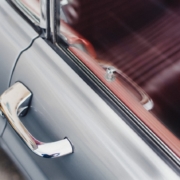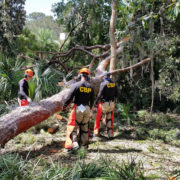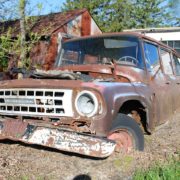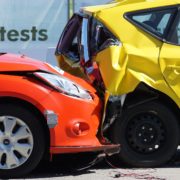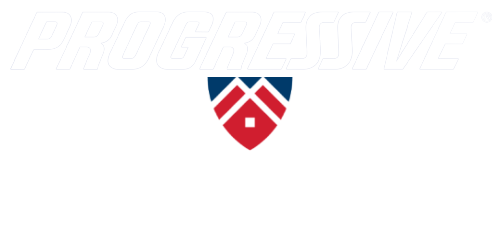We can only imagine a few things worse than coming home to the discovery of a break-in and burglary at your residence. The subsequent questions that run through your mind and the realization that you life just needs to be put on ‘pause‘ is overwhelming to say the least.
This article isn’t meant to scare you into fortifying your Naples condo, rather just to let you know of a few safety and security tips that you can implement to help not become a statistic. In fact, we have good news. According to FBI statistics, Burglary and Property crime have been on the decline between 2013 and 2016 (the periods we currently have statistics for).
We have no evidence of this, but we believe that this reduction in burglary is due, in part, to the increasing number of affordable security and home automation products available in today’s marketplace. For instance, you’ve probably read or recall news articles describing how a door bell helped nab a suspected package thief (in case you haven’t, here is a recent article about a case in Orlando, Florida). Door bell camera’s come in all shapes and sizes and the features that they provide as well as the ease of installation make the highly attractive. A quick Google search brought up a few available from our local Naples Costco.
Our first tip, look into getting a Door Bell security camera installed. If you think like a burglar, this sends them a message; “this home has a security device as their door bell which means they probably have many other security devices within and that I should find and easier target.”
Our second tip, install a Condo-friendly security system. There are security systems made specifically for Condos and apartments! These wireless security cameras and motion detectors do not require drilling holes, so you’ll be able to get your security deposit back. Like most security systems, you can control them on your smart phone or computer to keep an eye out for suspicious behavior when you are not home.
Other, non-tech based ways of protecting your Naples condo include getting to know ‘who’ your neighbors are and what they look like. This way you’ll be able to identify someone who shouldn’t be near your property or that of your neighbors. If your neighbor gets robbed, the thief suspecting easy targets, will return and you may be next. Let your neighbors know you’ll be watching out for them and they, in turn, may help you.
And last but not least, get renter’s insurance from American Accord for your Naples Condo or Apartment. If you do have the misfortune of experiencing a burglary, a renter’s insurance policy may help cover the cost of replacing your stolen possessions.
We hope we’ve inspired you to implement at least one of the tips we mentioned to help protect your Condo in Naples from a break-in. Our next article will be about security tips to help keep your Naples home safe from break-ins.
Let us know if we can help you answer any insurance related questions you may have.


